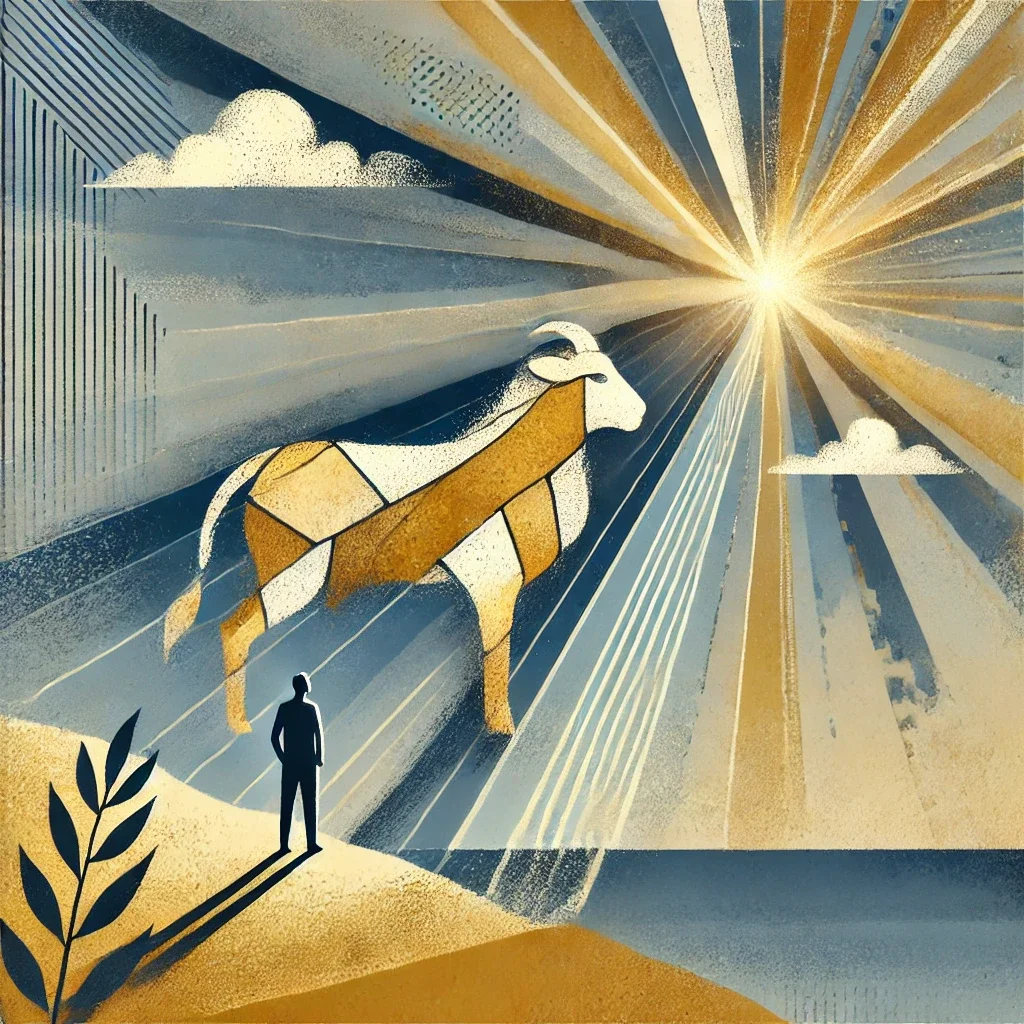Rabbi, do you believe in God?
‘I hear that nowadays Rabbis don’t have to believe in God – Rabbi, do you believe in God?’
You know, this question comes up surprisingly often in my life as a rabbi. Sometimes it’s asked earnestly, other times it’s more playful—but honestly, I find myself asking it too. I suspect many of you have faced this same question, perhaps late at night or during tough moments, when faith feels shaky and you're looking for even the smallest sign to reassure you that God isn't just a comforting idea.
Here's the thing—doubt isn't the opposite of faith; it's part of the deal. Our Jewish tradition is packed with stories about people wrestling with belief, including some of our greatest heroes. Take, for instance, the generation that left Egypt. Imagine seeing all those miracles: plagues, pillars of fire and smoke, a sea splitting right in front of your eyes. You'd think that would seal your belief forever, wouldn't you?
Yet, just when you expect them to trust God completely, they build a golden calf. One moment, they’re standing at Sinai, feeling the full presence of the Divine; the next, they panic at Moses’ delay and look for reassurance in a statue. It’s a baffling moment, yet deeply human.
Fear and uncertainty often drive us to seek immediate comfort, even when we've experienced something greater.
But here's what's astonishing: even after this betrayal, God didn't abandon them. Despite everything, the bond remained unbroken. Isn’t that exactly how our most meaningful relationships work? We stumble, we make mistakes, but if the relationship matters, we repair and return. God's commitment wasn’t conditional—it was patient, steadfast, and forgiving.
Now, jump ahead in history to Rabbi Akiva, centuries after Sinai. His time had no great miracles, no dramatic rescue from Roman oppression, no visible signs of divine favour.
Life was harsh, faith was costly, and yet Akiva chose to commit himself fully to God and Torah. Arrested, sentenced, and facing death, his final words were the Shema—declaring the unity of God even as his life ended. Where was God in that moment? Not in flashy miracles, but perhaps deeply embedded in Akiva’s quiet resilience, in the strength that allowed him to proclaim his faith even amid darkness.
Between these two extremes—the overt miracles of the Exodus and the quiet faithfulness of Akiva—is where most of us live our lives. Sometimes our experiences seem full of divine presence, and other times God seems painfully absent.
Yet, our relationship with the Divine isn’t built solely on the spectacular; it’s also formed in the ordinary, the everyday quiet moments of grace, kindness, and strength. And yes, even in our doubts.
You know what? I’ve realised over time that faith isn't about having absolute certainty. It’s about choosing to engage, to wrestle, to be in a relationship—even when the answers aren't clear. Doubt can coexist with belief, just as darkness can coexist with light. What's crucial is that we keep returning, keep seeking, keep questioning. That’s the heart of Judaism—a tradition that embraces complexity, nuance, and yes, uncertainty.
So, do I believe in God? Absolutely. Not because I always see miracles, but because I sense a presence in those small, everyday acts of compassion, in the resilience I see in our community, and in the quiet strength we give each other when life gets hard, when we stand up against injustice, when we welcome the stranger as our new best friend (welcome Beth and her family). Faith, I've found, is less about what we see and more about what we choose to hold onto—even when proof seems scarce.
May this Shabbat be one where we recognise the quiet, steadfast presence of the Divine—not just in miracles, but in every moment we share together.
Shabbat Shalom – Rabbi Adrian M. Schell

